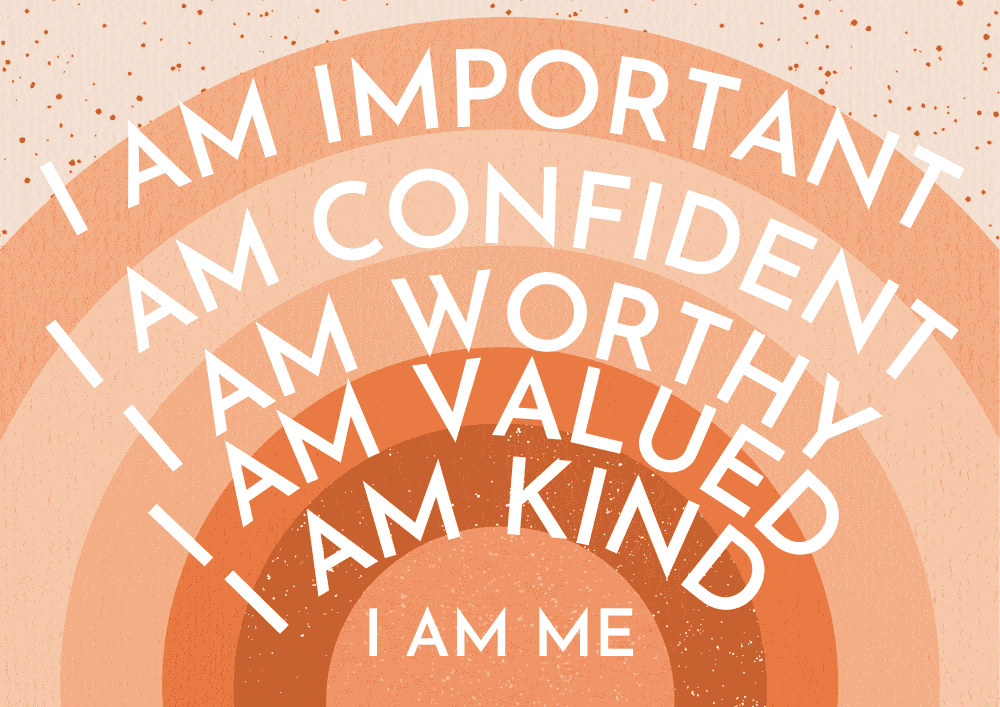“Change your thoughts, and you change your world” – Norman Vincent Peale

Why is it often so difficult to stick to good habits? Whether it’s eating healthier, exercising regularly, or learning a new skill, we’ve all experienced the frustration of starting strong and then falling off track. Here’s the good news: building lasting habits isn’t about willpower—it’s about strategic planning.
Science reveals that our habits are deeply tied to our brain’s wiring, and once you understand the mechanisms, you can master them. Let’s break it down.
The Habit Loop: The Key to Transformation
Every habit operates within a three-step loop:
- Cue: A trigger that prompts the behavior (e.g., waking up = praying).
- Routine: The behavior itself (e.g., praying).
- Reward: The benefit you get (e.g., feeling awake and focused).
To build lasting habits, you must design each step intentionally.
Step 1: Start Small and Specific
Big goals can feel overwhelming. Instead, break them into tiny, manageable steps:
- Want to exercise daily? Start with 10 push-ups a day.
- Want to read more? Commit to just one page each night.
Tiny wins compound over time, leading to significant change without overwhelming your brain.
Step 2: Anchor New Habits to Existing Routines
Habits stick better when tied to something you already do. This is called habit stacking:
- After brushing your teeth, meditate for 2 minutes.
- After praying or starting your morning coffee, jot down three goals for the day.
This connection strengthens the habit by piggybacking on an established routine.
Step 3: Make it Rewarding
Your brain craves rewards. To reinforce a habit:
- Celebrate small wins (e.g., mark a calendar when you complete a task).
- Pair the habit with something enjoyable (e.g., listen to your favorite playlist while working out).
The more positive the experience, the more your brain will want to repeat it.
Step 4: Prepare for Setbacks
No journey is perfect. Expect slip-ups and plan for them:
- Missed a workout? Don’t skip twice—get back on track the next day.
- Lost momentum? Reflect on what went wrong and adjust your approach.
Resilience is the secret sauce to long-term success.
Consistency Over Perfection
Habits aren’t about grand gestures; they’re about small, consistent actions. The magic happens when these actions become automatic, freeing up your brain for bigger decisions.
Remember: every step forward, no matter how small, is progress. By cracking the habit code, you’re not just changing behaviors—you’re transforming your life, one routine at a time.
What habit will you start today? Let’s hear your ideas in the comments—because the journey to lasting positive change begins with one small step.
